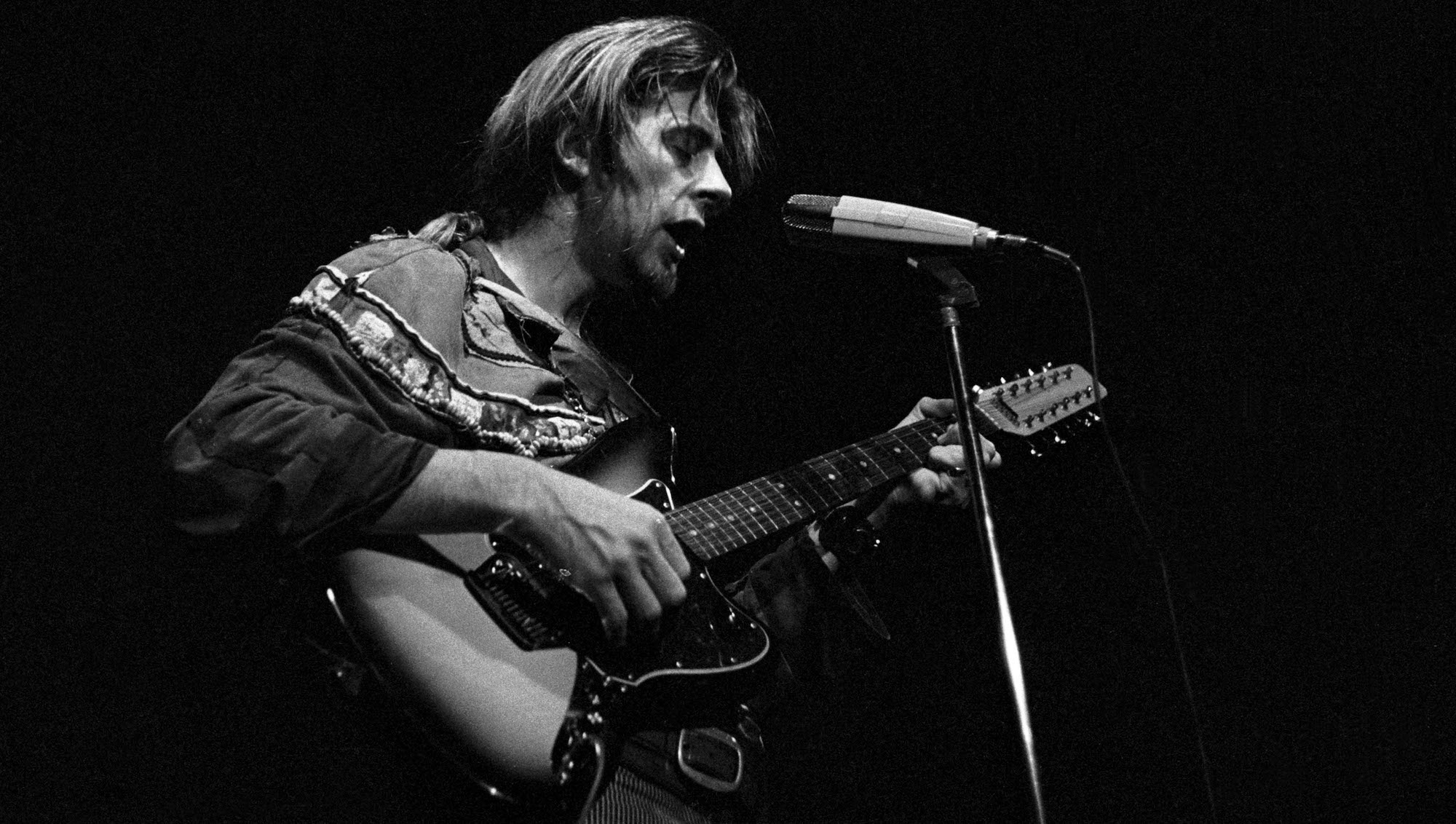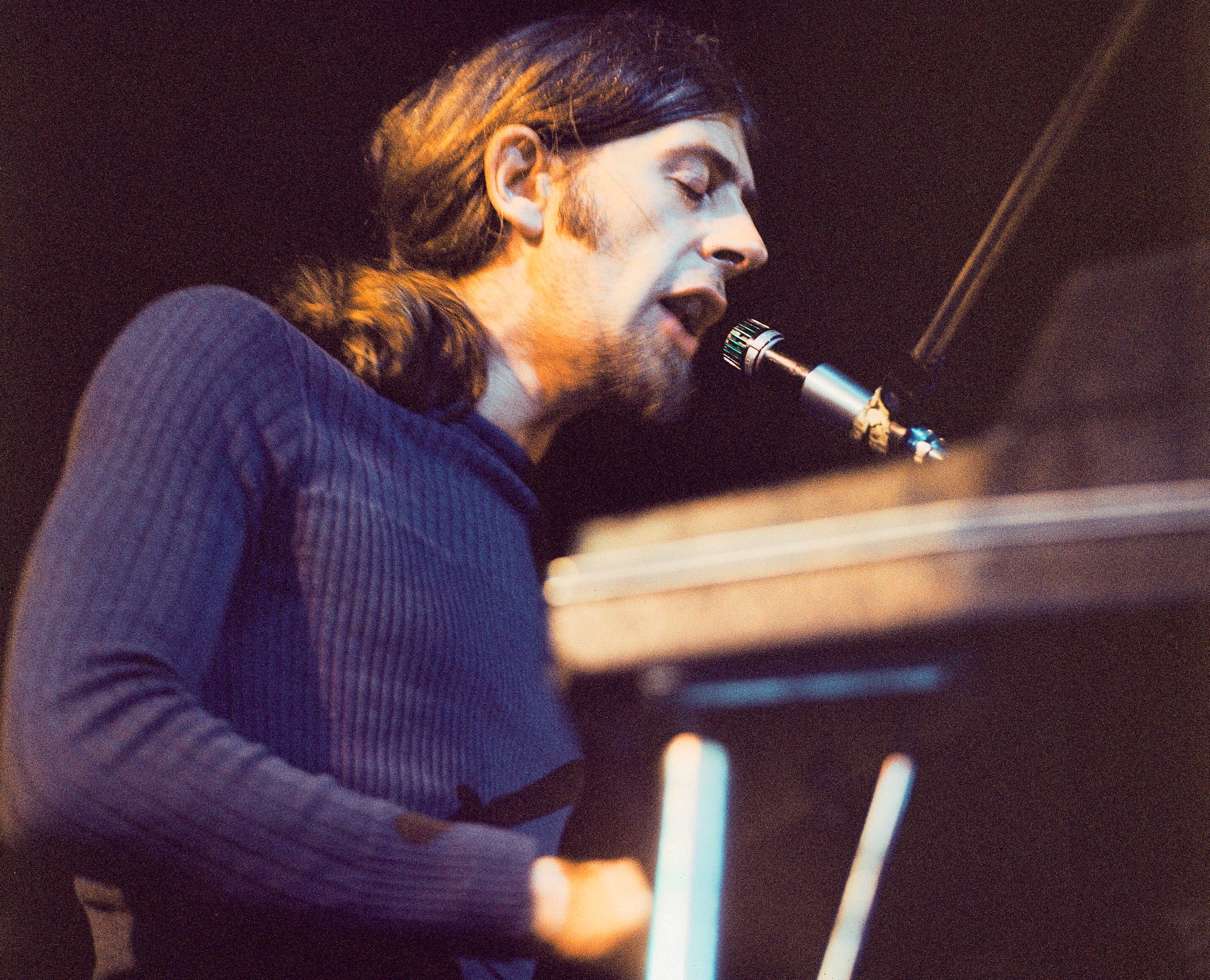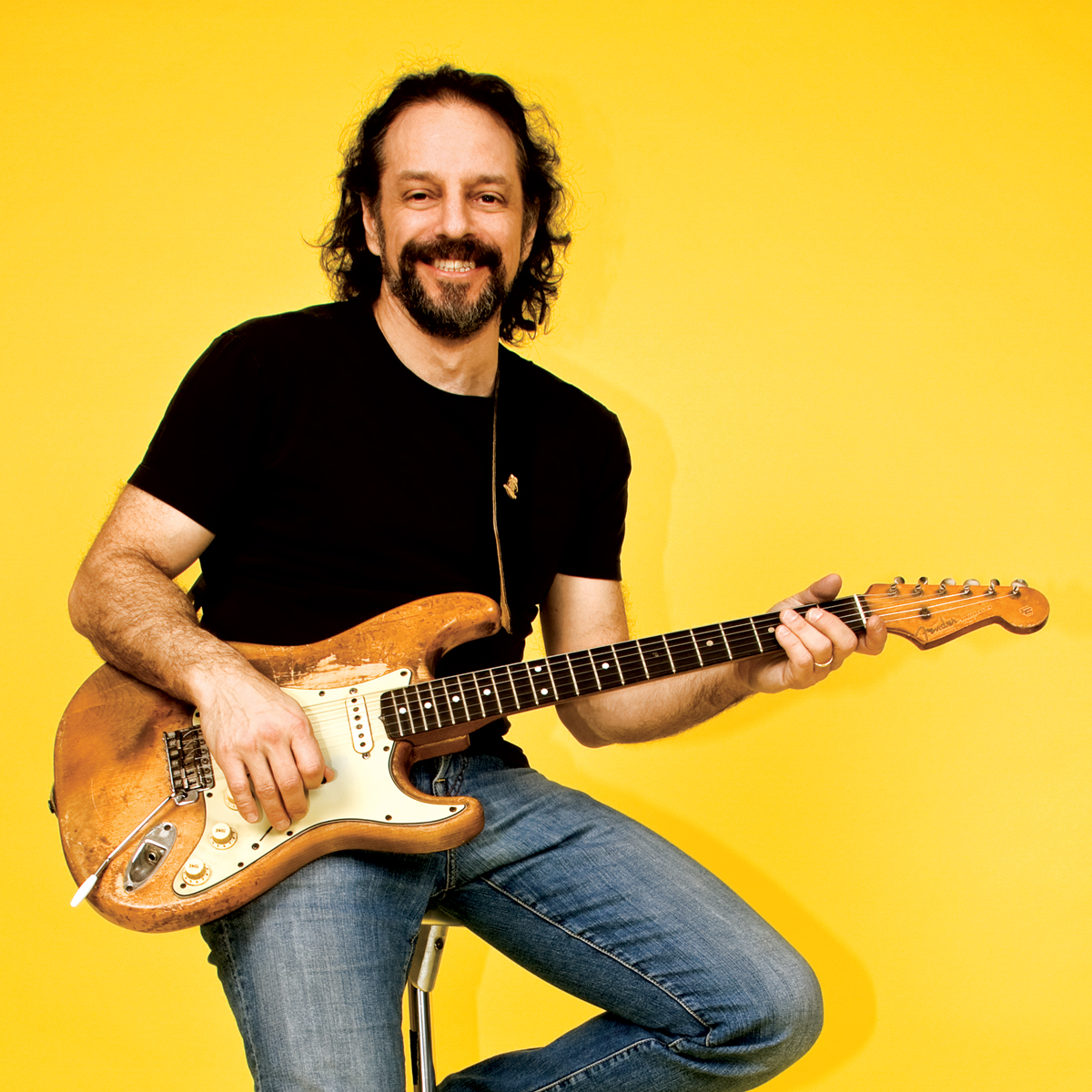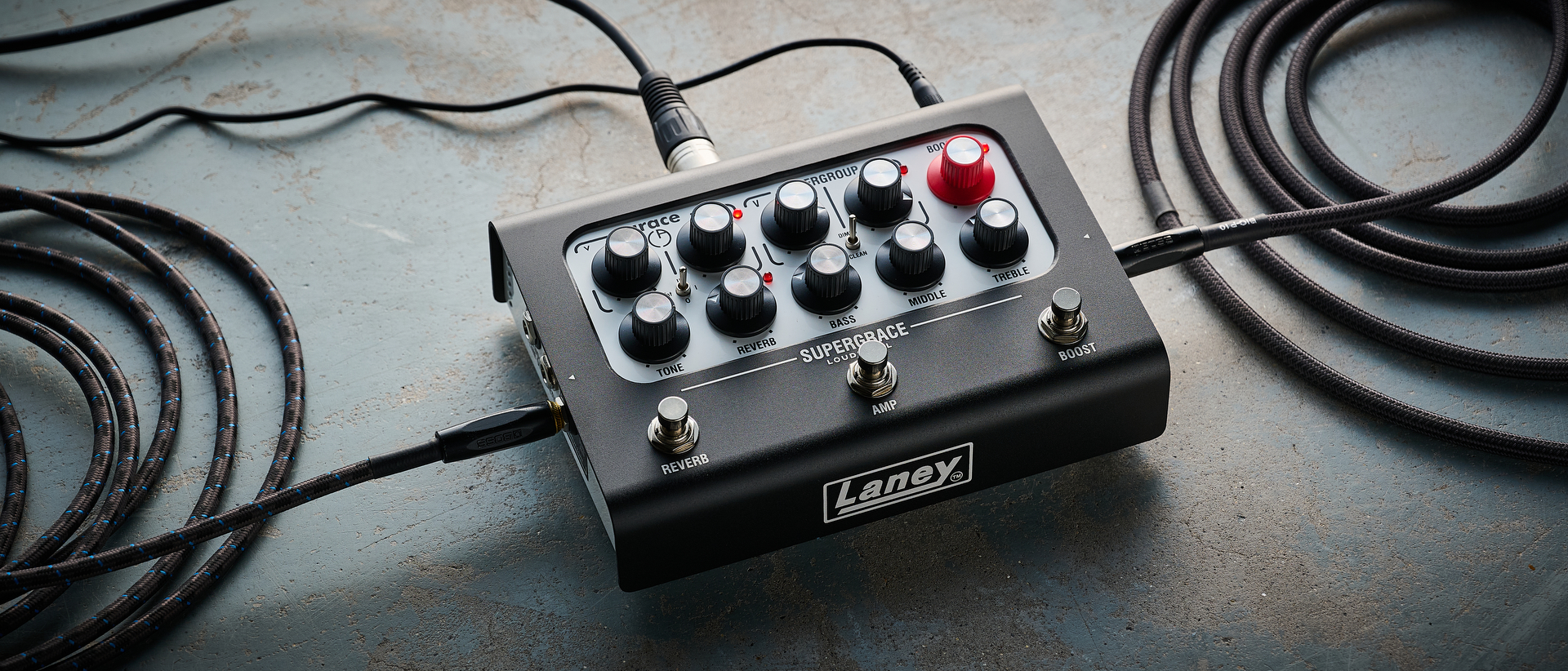“It never dawned on me that I could make a living playing music. For many years, it was just a hobby, a way I could express myself”: John Mayall changed blues music forever – and introduced the world to some of its greatest guitar players
“The Godfather of British Blues” left us in July at age 90. We look back at his many achievements, triumphs and essential releases

All the latest guitar news, interviews, lessons, reviews, deals and more, direct to your inbox!
You are now subscribed
Your newsletter sign-up was successful
John Mayall – British blues patriarch, godfather, progenitor, legend, musical force and every accolade one could ascribe – passed on July 22 at age 90. Starting in the mid-’60s and continuing throughout his long and illustrious career, Mayall has been nothing less than a blues messiah to generations of listeners.
He deserves acknowledgement as a vital figure in the development and ultimate massive popularity of blues and blues/rock music. His prodigious career spanned an incredible seven decades, from the late 1950s till his recent retirement from touring just two years ago in 2022 at age 88.
In the mid/late-’60s, his band, the Bluesbreakers, served as an incubator to many of Britain’s most revered blues musicians, as John’s mentorship developed the careers of Eric Clapton, Peter Green, Mick Taylor, John McVie, Mick Fleetwood, Aynsley Dunbar, Andy Fraser, and so many others.
He produced some of the most influential blues albums of all time, most notably the landmark Blues Breakers: John Mayall and Eric Clapton, considered to be the template for the future sound of blues/rock guitar via Clapton’s phenomenal playing. Armed with a 1960 flametop Les Paul plugged straight into a Marshall JTM45, Clapton changed the course of the instrument on this seminal release.
Mayall was a complete artist. He displayed masterful creativity in every endeavor: a gifted singer, songwriter, multi-instrumentalist, producer, band leader, musical alchemist and talent scout, as well as an artist and graphic designer, as he created the iconic covers for so many of his albums while also often writing insightful and historically important liner notes.
To call him prolific is an understatement. He released 96 albums: 38 studio, 34 live and 24 compilations, plus four EPs, 44 singles and four video albums (VHS, Laserdisc, and DVD). He was a documentarian, capturing the sounds and images of thousands of live performances throughout his career and continuing to offer these recordings to listeners till the end. Mayall's final studio album, The Sun Is Shining Down, was released on Forty Below Records in 2022. He was inducted into the Rock and Roll Hall of Fame in 2024.
Mike Vernon talked Decca into giving me another chance on the basis of Eric’s popularity, so the Bluesbreakers record was my very first studio recording
John Mayall
Mayall was born in Macclesfield, Cheshire, on November 29, 1933. His father, Murray Mayall, played guitar in local bands and sparked John’s interest in the instrument via his collection of recordings by Andrés Segovia, Django Reinhardt, Charlie Christian, Eddie Lang, Lonnie Johnson and Carl Kress, and Dick McDonough. Starting at age 13 – and self-taught on piano, guitar and harmonica – John’s focus was more on rhythm guitar than soloing, studying the recordings of Josh White, Big Bill Broonzy, Teddy Bunn, Ledbelly and John Lee Hooker.
All the latest guitar news, interviews, lessons, reviews, deals and more, direct to your inbox!
He also was intrigued by the recordings of what he called “the triumvirate of boogie-woogie piano – Albert Ammons, Pete Johnson and Meade Lux Lewis.” As Mayall told me in 1991, “Back in 1959, any record that said ‘boogie’ on it, I would buy! At the time, these 78s were very hard-to-find prized possessions in England.”

After serving in the army from 1952-55, Mayall trained as a visual artist at the Manchester College of Art. “It never dawned on me that I could make a living playing music,” he said. “For many years, it was just a hobby, a way I could express myself.”
His first band, the Powerhouse Four, formed in 1956, but it wasn’t till 1963, when he was 30, that Mayall moved to London to become a full-time musician on the suggestion of Alexis Korner, with whom Mayall would become a linchpin of the blossoming British blues scene. Following a stint in the Blues Syndicate, Mayall formed the Bluesbreakers in late 1963 and recorded a live album, John Mayall Plays John Mayall, for Decca. The album was poorly received, and Mayall was dropped.
In April 1965, Mayall recruited 20-year-old hotshot guitarist Eric Clapton from the Yardbirds to join his band. “[Producer] Mike Vernon talked Decca into giving me another chance on the basis of Eric’s popularity, so the Bluesbreakers record was my very first studio recording.”
Regarding the explosive impact of this record, Mayall said, “You don’t think about ‘posterity’ in that moment. Your concern is making an honest record, and making it ‘real,’ with real emotions on it. That was everything.”
After Clapton left in June of ’66 to form Cream, Mayall’s band went through many lineup changes and featured future stars like Peter Green and Mick Taylor.
Beginning in 1969, John began to experiment with different instrumentation and styles and subsequently moved from England to the Los Angeles suburb of Laurel Canyon. His groundbreaking live album, The Turning Point, was recorded at the Fillmore East and featured the harmonica tour de force Room to Move, which became John’s signature tune, one he would continue to perform throughout the next half-century.
In the ensuing years, Mayall’s bands featured a cast of brilliant guitar players, including Harvey Mandel, Rick Vito, Walter Trout, Coco Montoya, Buddy Whittington, Carolyn Wonderland and others. With nearly 100 albums to his credit, there’s a rich musical history to study in the timeless music of John Mayall.
Guitar World Associate Editor Andy Aledort is recognized worldwide for his vast contributions to guitar instruction, via his many best-selling instructional DVDs, transcription books and online lessons. Andy is a regular contributor to Guitar World and Truefire, and has toured with Dickey Betts of the Allman Brothers, as well as participating in several Jimi Hendrix Tribute Tours.



